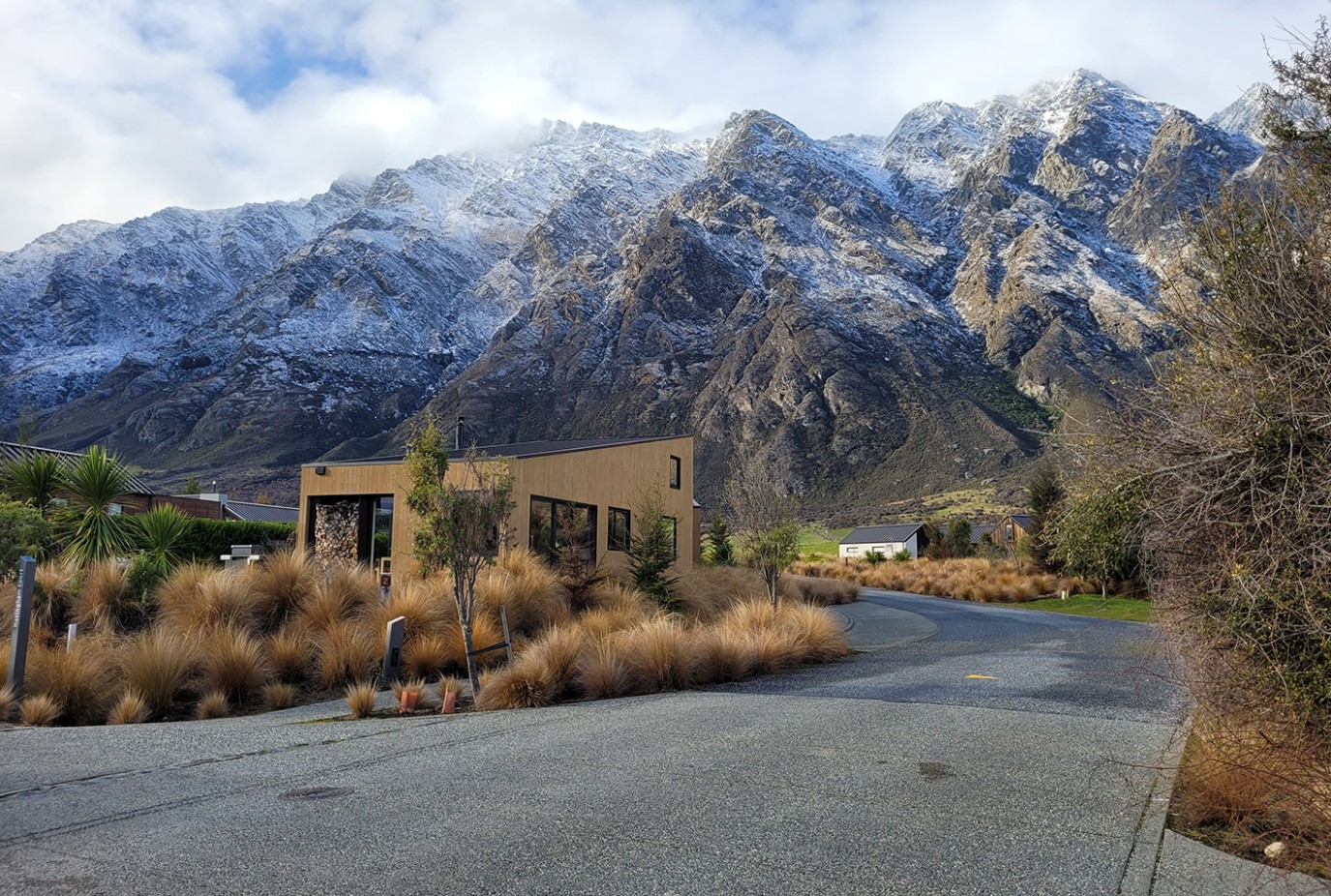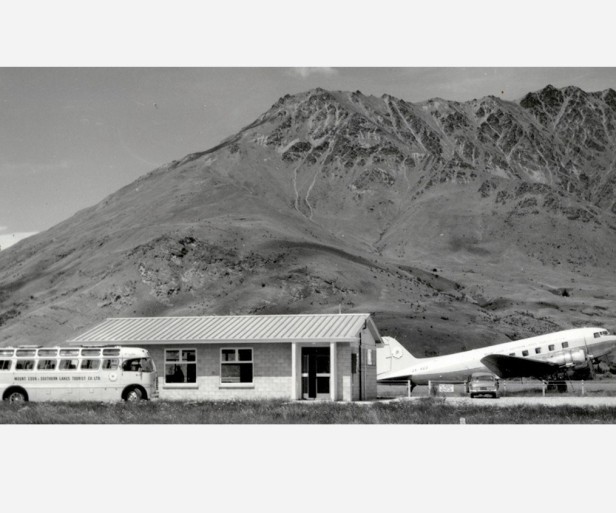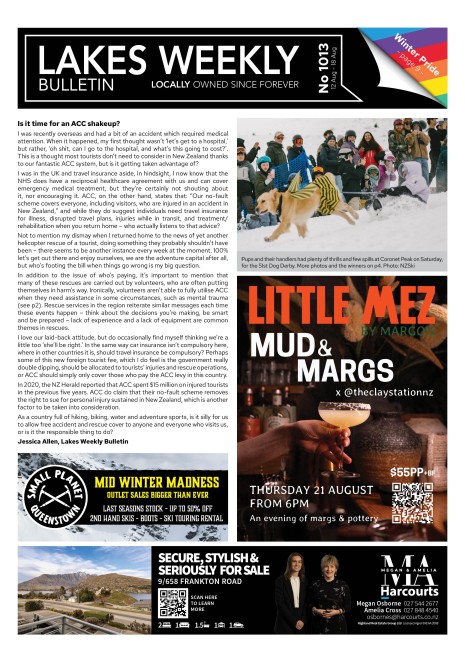Queenstown Lakes property remains buoyant

Demand continues to outstrip supply in the Queenstown Lakes property market.
While rising interest rates and inflation have taken the heat out of other parts of the country, you’ll still struggle to find a bargain, a reasonably-priced section, or a rental in the district.
Colliers published its annual Otago Market Review and Outlook last week, covering its key projections for Queenstown, Wānaka, Cromwell and Dunedin.
Its experts say Queenstown Lakes bucks the national trend, with values holding through the first half of 2023.
“There are a few factors behind that,” Colliers local valuation director Heather Beard says.
“We’re seeing strong migration to the region from elsewhere in New Zealand for the lifestyle, particularly now people can work from home.
“Tourism is also returning to strong levels, and that’s bringing in more people on working holiday visas, which means there’s competition for rental properties.”
Beard says the North Island weather events have had an impact on internal migration.
There was a huge jump in the $3m-plus sector in 2021, as high-flying Aucklanders moved down for the lifestyle, fed up with lockdowns. But most of the activity now is within the sub-$2m value range.
First time home buyers appear to have returned to the market, but there are also now capital rich investors looking to re-enter based on the National Party’s election promises to return interest deductability and revise the bright-line test down to two years.
Whether plans to repeal the foreign buyer ban will survive the coalition talks remains to be seen, or what impact that might have on the local market.
“It’s a difficult question to answer because historically, when foreign buyers could operate freely in the market, we didn’t actually have any statistics to say what they were buying and how much they were buying.
“There were no records kept, but anecdotally it did seem to have more of an affect on the higher end of the residential market, your $3 million-plus lifestyle property.
“There does seem to be a bit of capital floating about internationally, looking for developments and commercial and industrial properties, so if it happens [the buyer ban is repealed] it could potentially have an impact there.”
Colliers expects rental housing shortages to continue, and while building costs are stabilising, the availability of land to build on in Queenstown is an issue.
“There are higher end subdivisions, such as Koko Ridge, Kawarau Park and Peninsula Hill, but in terms of entry level, you’re only really looking at Hanley’s Farm, and there’s not really a lot left available there.
“There’s another subdivision planned out that way, but it’s at least a few years away.”
It’s a similar story in Wānaka, although the market stabilised particularly in the entry level to mid-value range sector.
Interest rates are also starting to bite for those rolling off fixed term mortgages and making it difficult for individuals and developers to find finance.
In the commercial sector, areas of the Queenstown CBD have improved now the streetscape project is completed, and several major leases have been signed with global brand name tenants.
Queenstown office occupiers continue a trend of migration to Frankton for new office supply, though, and the Frankton industrial property market continues to display a supply/demand due to land availability.
In both Queenstown and Wānaka commercial property continues to be tightly held. However, Colliers expect a stabilisation of yields due to macroeconomic factors continue to influence the region.
The tourism revival has seen the average daily room rate for hotel sector accommodation exceed 2019 rates, but operational costs are also higher. Occupancy was around 70% in September. From January, 2024, Airbnb-style owners must collect and return GST on income, which could have an impact on the sector.









